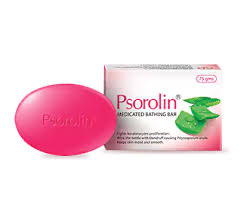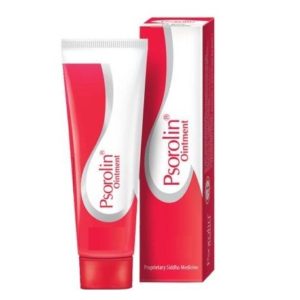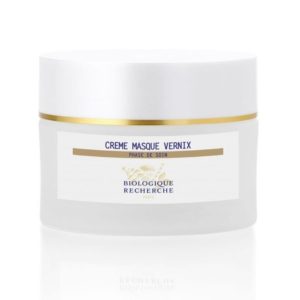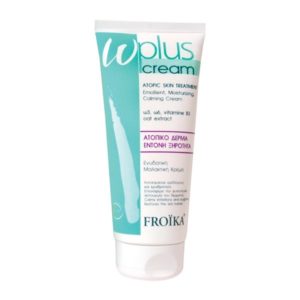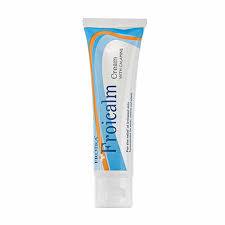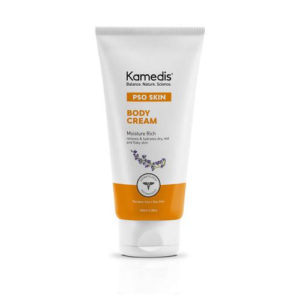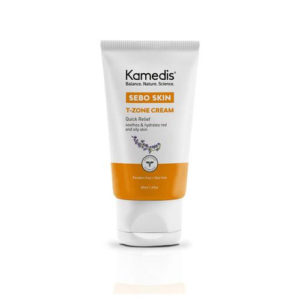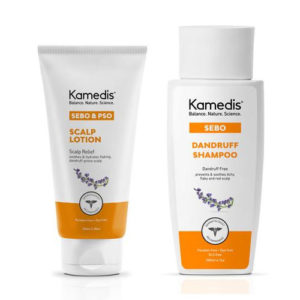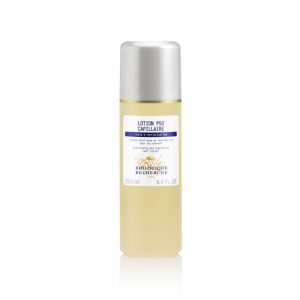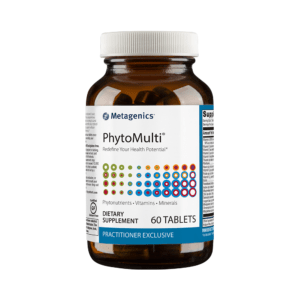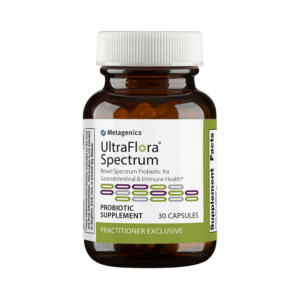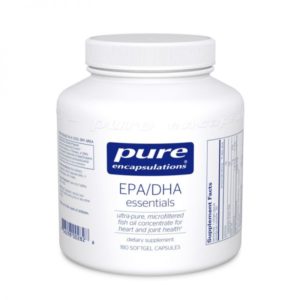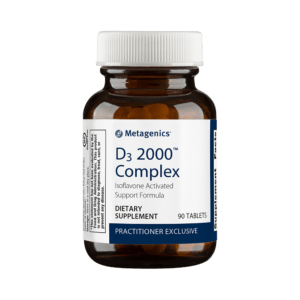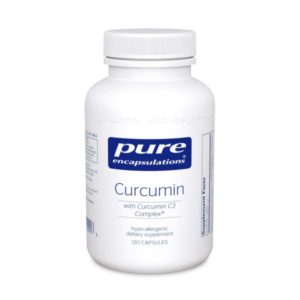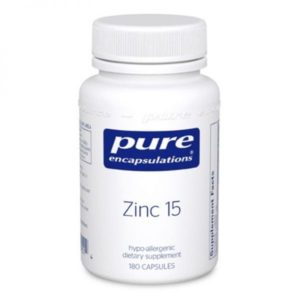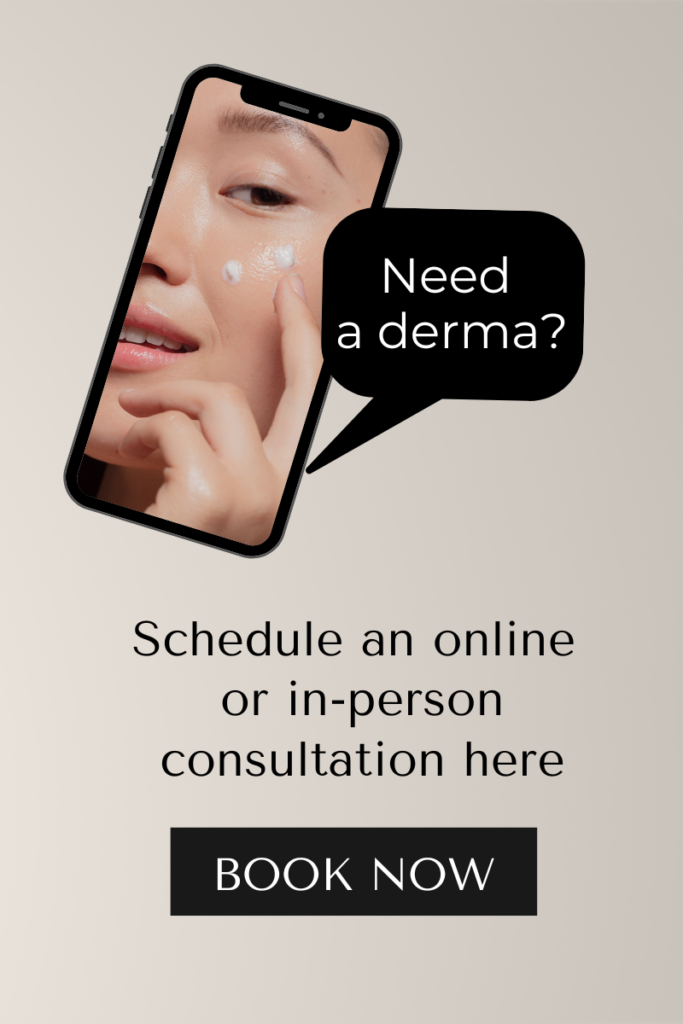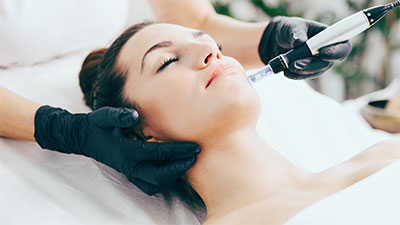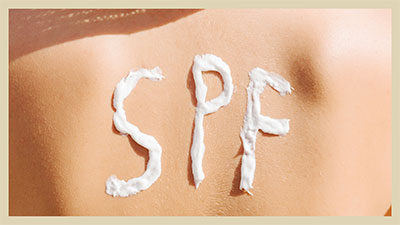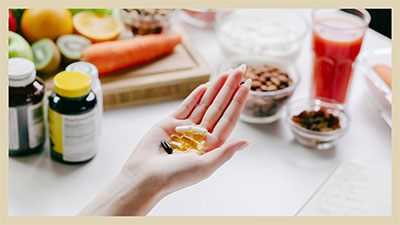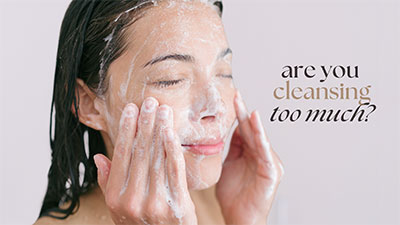How To Tell If You Have Psoriasis—And How To Deal
It’s more common than you think.

It’s easy to dismiss rough, itchy, and flaky skin as typical signs of dryness, which can easily be fixed by slathering on emollients or moisturizers. But heads up: If you’re experiencing excessive dryness accompanied by skin irritation, redness, or the presence of thick or crusty plaques, you’re likely to be suffering from something else—a skin condition that’s commonly misidentified and often misunderstood.
Understanding Psoriasis
Psoriasis is a skin disorder that causes your skin cells to reproduce at an abnormally fast rate—up to 10 times faster than normal. It’s actually categorized as an autoimmune disease: Your immune system attacks your healthy skin cells, triggering the fast skin regrowth. This causes skin to build up into red plaques covered with white or silvery scales that can be very itchy and sensitive to the touch. Psoriasis can occur anywhere, but usually appear on the scalp, elbows, knees, and back. In severe cases, it can also cover large parts of the body. (Quick trivia: Kim Kardashian previously revealed she’s had psoriasis on her face!)
It is estimated that psoriasis affects 2 to 3% of the world’s population—translating to around 1 to 2 million Filipinos, according to Psoriasis Philippines (PsorPhil). While it usually manifests in early adulthood, experts believe that the onset can occur at two peaks: between 15 to 35 years old, or at 55 to 60 years old. In rare causes, though, some psoriasis cases can occur in kids younger than 10.
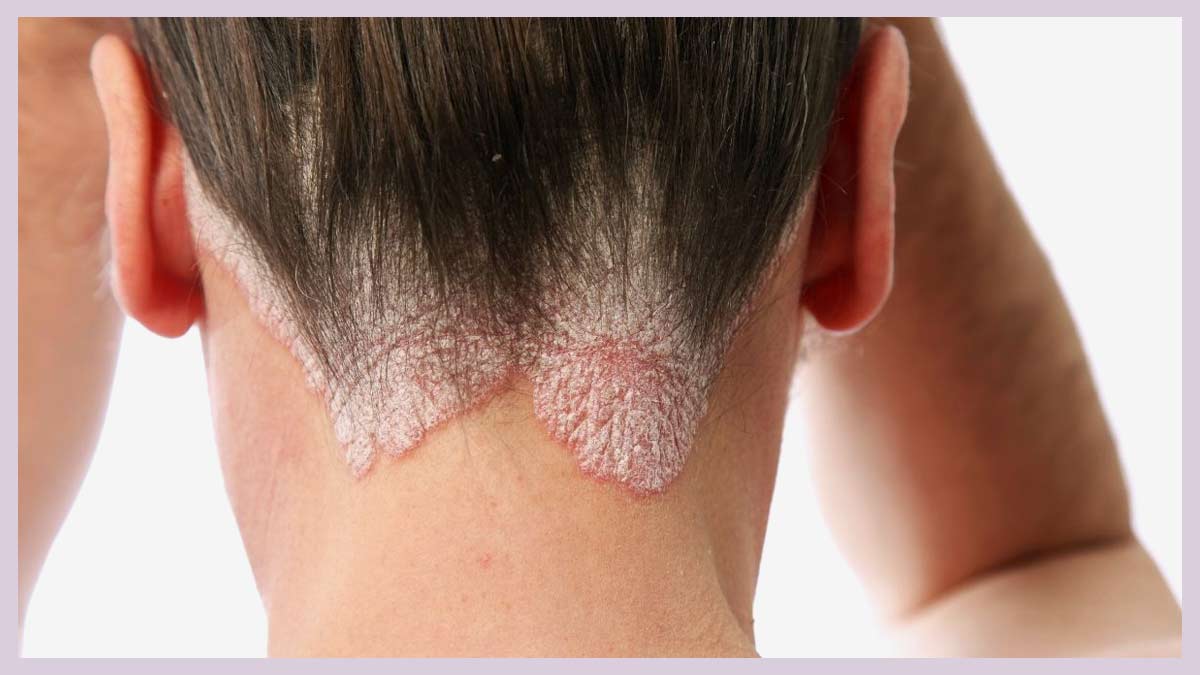
Why It Happens
While the exact cause of this skin dilemma remains a mystery, most skin experts believe it’s primarily a glitch in the immune system—something that tends to run in families. That said, psoriasis is not contagious, so contact with someone with psoriasis will not cause you to develop the condition, too.
Other factors that are said to be possible triggers for psoriasis include infections, such as strep throat or skin infections, cold and dry weather, injury to the skin (cuts, scrapes, or surgery), emotional stress, as well as certain medications, like blood pressure meds.
How To Deal
Since psoriasis is considered a long-term (or chronic) disease—which means it doesn’t exactly go away completely and often comes in cycles—it’s best to have a Philippine Dermatological Society (PDS) board-certified dermatologist properly diagnose your condition first. This is because psoriasis can also be confused with eczema, a much milder skin condition typically caused by allergens, and often characterized by a red, itchy rash.
Treatment varies from person to person, but is usually focused on relieving the itching and scaling, providing gentle exfoliation, and alleviating dryness. “It’s important to differentiate psoriasis from recurrent or chronic dandruff or Seborrheic Dermatitis,” says Dr. Maximin Navarro, Bella Pelle PH’s resident dermatologist and a PDS fellow. “Both affect the face and scalp, but with psoriasis, the scales are thicker and the scaly plaques go beyond the hairline.”
To help you manage your psoriasis symptoms, here are some derma-approved treatments:
This natural bath soap is formulated with Proprietary Siddha Medicine, which is fortified with fats, herbs, and essential oils to gently exfoliate, cleanse, and condition psoriatic and dry skin.
This doctor-formulated treatment deactivates the enzymes that worsen psoriasis symptoms, effectively reducing itching, scaling, and inflammation while delivering intense moisturization.
This wonder cream reproduces the composition of the newborn’s vernix (the epidermal protective barrier at birth), giving your skin a literal rebirth. Plus, it also repairs the DNA of damaged skin cells and reduces moisture loss.
An emollient moisturizing and calming cream for the face and body, it’s rich in plant oils and shea butter to reinforce skin’s protective abilities against dryness and irritation.
This calming cream provides long-lasting hydration while offering immediate relief from itching and irritation due to dryness, allergies, eczema, and psoriasis. It’s safe for use on adults, children, and infants.
Boasting of a rich, nourishing formula, this body cream soothes dry skin prone to redness, itching, and scaling, and is clinically proven to significantly reduce discomfort in psoriatic patients.
Formulated to care for red, irritated, and oily facial skin, this light facial cream provides balanced hydration and reduces skin itchiness by 81% in just two weeks.
This gentle botanical duo features the Kamedis Dandruff Shampoo and the Scalp Lotion, which work in tandem to expertly care for irritated and itchy scalp with dandruff or psoriatic symptoms.
Containing the famous P50 formula and other active ingredients, this is specifically designed to reduce irritation and scaling in the scalp by providing gentle exfoliation. As a result, hair health is also improved.
For customized skin care recommendations, you can book a virtual dermatological consultation here.
For more beauty and skincare tips, subscribe to our newsletter:
SHOP OTHER PRODUCTS:
RELATED READS:
- This Dermatologist-Recommended Skincare Routine Will Help Relieve Your Eczema
- There’s An Oil For That: 8 Beauty Oils For Your Skin Woes
- Best Body Acne Treatments, According to Skin Experts

